Cryptographers Discover A New Foundation For Quantum Secrecy
Researchers have proved that secure quantum encryption is possible in a world without hard problems.
Researchers have proved that secure quantum encryption is possible in a world without hard problems.
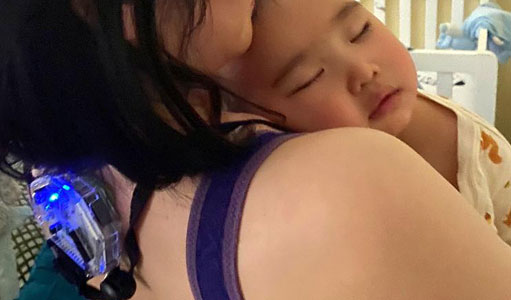
Associate Professor Xia Zhou and her team developed Joey, a soft, lightweight sensing fabric necklace that can easily be worn by mothers to monitor their Kangaroo Mother Care practices with their babies.
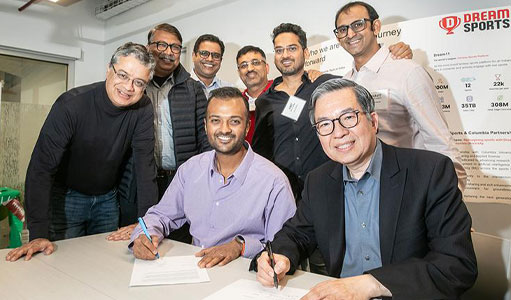
The Columbia-Dream Sports AI Innovation Center will significantly advance research and workforce development at the intersection of artificial intelligence (AI), machine learning (ML), and sports tech.
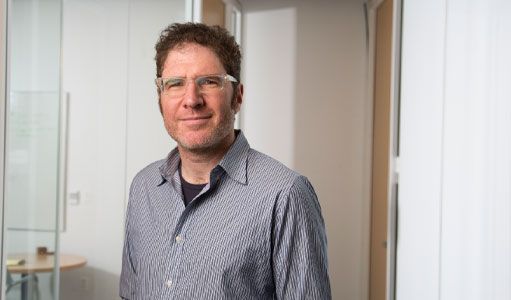
Blei is recognized for his groundbreaking work in machine learning, in particular his field-defining contributions in the areas of topic models and stochastic variational inference.
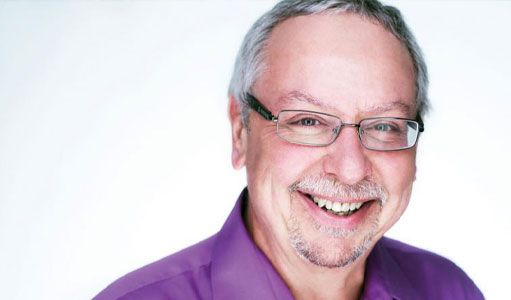
The startup develops cybersecurity software tools based on technology from The Intrusion Detection Systems Group. The lab builds next-generation tools to detect stealthy and malicious intruders in computer systems. This includes research into anomaly detection, … Continue reading Professor Sal Stolfo’s Allure Security Closed A $10 million Series A Funding Round
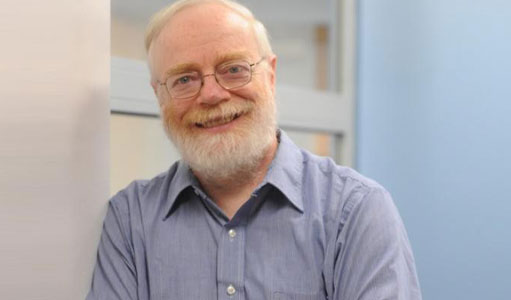
In a recent retirement talk, Professor Steve Bellovin shared his journey from the early days of his career to his thoughts on the future of security and tech policy.
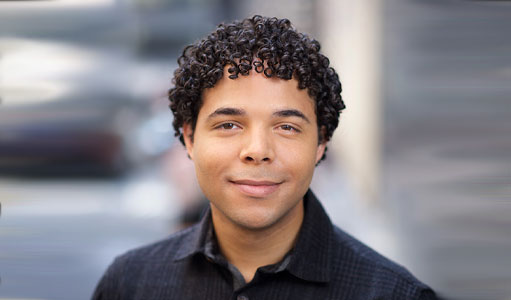
Brian Smith received an NSF CAREER Award to develop a framework that will improve digital imagery so that blind and low-vision (BLV) individuals can better perceive and interact with visual content in the digital realm.

Junfeng Yang and Asaf Cidon led the research, Chablis, a scale-out, geo-distributed, transactional,general purpose key-value store.
Microsoft and Quantinuum say they’ve figured out how to make qubits that are less prone to error.
Large language models do better at solving problems when they show their work. Researchers are beginning to understand why.

Columbia Engineering researchers develop a novel approach that can detect AI-generated content without needing access to the AI’s architecture, algorithms, or training data–a first in the field.
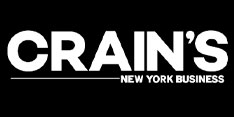
New York City has tapped Jeannette Wing and Clifford Stein to advise the city on artificial intelligence.
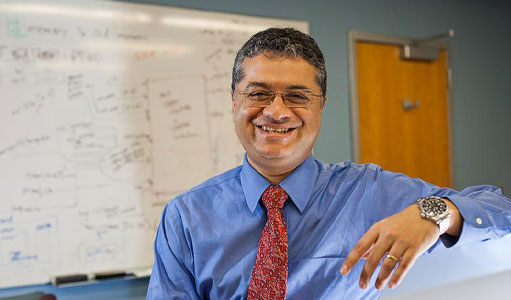
Professor Vishal Misra talks ChatGPT, AI and ethics, and more as the School’s newly appointed—and first—head of AI and Computing.
Find open faculty positions here.
President Bollinger announced that Columbia University along with many other academic institutions (sixteen, including all Ivy League universities) filed an amicus brief in the U.S. District Court for the Eastern District of New York challenging the Executive Order regarding immigrants from seven designated countries and refugees. Among other things, the brief asserts that “safety and security concerns can be addressed in a manner that is consistent with the values America has always stood for, including the free flow of ideas and people across borders and the welcoming of immigrants to our universities.”
This recent action provides a moment for us to collectively reflect on our community within Columbia Engineering and the importance of our commitment to maintaining an open and welcoming community for all students, faculty, researchers and administrative staff. As a School of Engineering and Applied Science, we are fortunate to attract students and faculty from diverse backgrounds, from across the country, and from around the world. It is a great benefit to be able to gather engineers and scientists of so many different perspectives and talents – all with a commitment to learning, a focus on pushing the frontiers of knowledge and discovery, and with a passion for translating our work to impact humanity.
I am proud of our community, and wish to take this opportunity to reinforce our collective commitment to maintaining an open and collegial environment. We are fortunate to have the privilege to learn from one another, and to study, work, and live together in such a dynamic and vibrant place as Columbia.
Sincerely,
Mary C. Boyce
Dean of Engineering
Morris A. and Alma Schapiro Professor